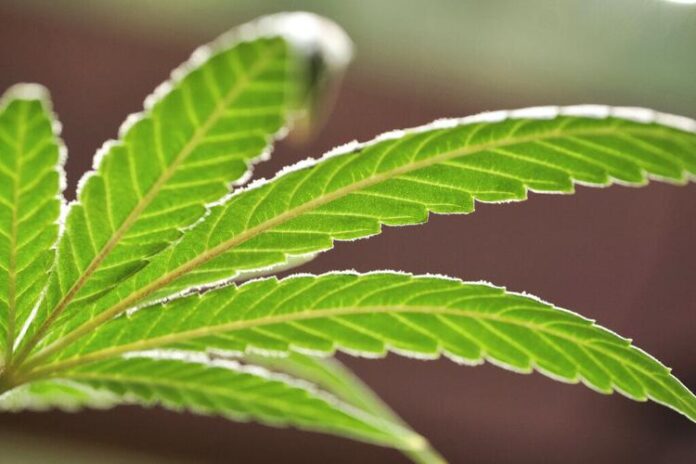The Arizona Court of Appeals made a significant ruling this week, stating that prior convictions and arrests related to the sale of marijuana are now eligible for expungement.
“Today’s decision is a great embodiment of the will of the Arizona voters who elected to undo the harms caused by the over-policing of marijuana laws,” Martin Hutchins, lead attorney and program manager for the Reclaim Your Future campaign – a state-funded expungement effort – said in a statement May 30.
The decision comes just three years after voters approved Proposition 207 in 2020, which allowed adults aged 21 and older to possess up to one ounce of marijuana for personal use.
“There are many people who were charged with for-sale offenses before the passage of Prop 207 even when they had minimal amounts of marijuana because other factors led officers to assume the person was some sort of dealer,” Hutchins said.
The measure also established a system for the licensing and regulation of marijuana retailers, cultivation facilities, product manufacturers, and testing laboratories.
Those eligible for expungement under Proposition 207—which went into effect in 2021—are individuals who have been convicted for possessing, consuming, or transporting 2.5 ounces or less of marijuana, as well as those who have been convicted for cultivating six or fewer marijuana plants for personal use and possessing, using, or transporting marijuana-related paraphernalia.
But before the May 30 decision by the appeals court to wipe the sale of marijuana on suspects’ records, it was unclear if they were eligible for expungement. The ruling also includes individuals convicted of cannabis possession with “intent to distribute.”
Who will this ruling affect?
In October 2014, Ethan Thomas Sorensen was arrested for having around 18 grams of marijuana and was charged with possession of marijuana for sale and possession of drug paraphernalia. Later, he pled guilty to a reduced charge of solicitation to commit possession of marijuana for sale.
Following the passage of Proposition 20 – six years after Sorensen’s arrest – the state sought to expunge Sorensen’s arrest and conviction records. However, the court initially denied the petition, citing a provision that was believed to prohibit expungement for sale-related marijuana offenses.
In the case, State v. Sorensen, Appeals Court Presiding Judge Brian Furuya concluded that Arizona’s revised statute makes “sale-related marijuana offenses” eligible for expungement, thus overruling the lower court’s denial of the petition for expungement that was submitted by the Maricopa County Attorney’s Office in 2014.
Furuya wrote in the court opinion this week that Arizona’s revised statute “authorizes expungement of sale-related marijuana offenses when they otherwise satisfy the statute’s eligibility requirements.”
“As a result, the court erred by denying the State’s expungement petition,” Furuya wrote.
Republished with the permission of The Center Square.














